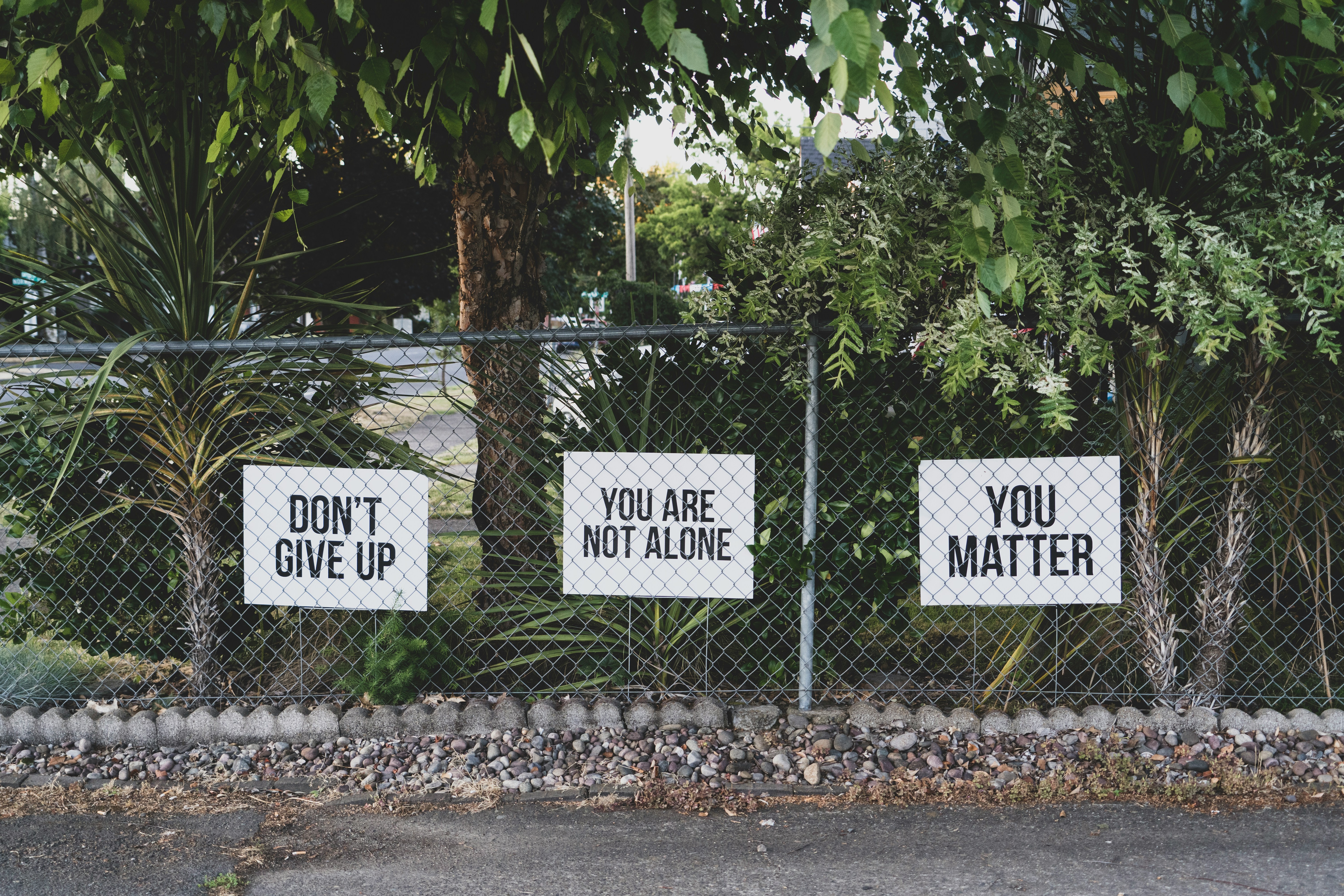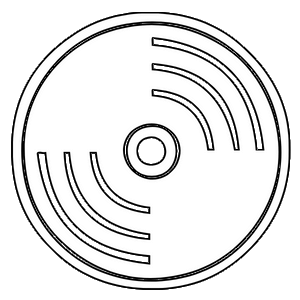Amidst the pandemic of the Coronavirus, stress isn’t a word that’s thrown around lightly anymore. In recent years, health, wellness, and mental health are topics on everyone’s radar thanks mainly to their negative social implications that have regularly played out in suicides and mass shootings. To arm you against the strains of stress in this remarkably difficult time, here are six things you can do to put your mind at ease.

Consult Your Physician
We’ve established that stress is no laughing matter. That’s why you should consult your physician if you are experiencing prolonged stress that is producing hard to manage symptoms. If you are having headaches, losing sleep, or missing work and obligations, then you need to take a personal wellness inventory and see your doctor.

Identify Your Triggers
Here’s a curveball; stress can be a funny thing. Its ironic sense of humor is apparent when life’s good times get us down. You finally got the raise you’ve been working so hard to get. The only problem is, now you’re expected to perform—cue ironic stress. Once you identify your triggers, though, you can teach your brain healthy responses to these experiences.
Get More Sleep
We hear you loud and clear, and we agree. Getting more sleep is easier said than done. Even if chronic stress is plaguing your sleeping patterns, as you lie awake at night worrying about the day, you still need to make sleep a priority. If you’re trying to be resourceful, a CBD cigarette might give to the solution to your problems.
CBD oil and CBD cigarettes have natural sedation qualities that help in the reduction of stress and support healthy sleep patterns. The FDA says that CBD products can interfere with other medications you may be taking, so please consult a physician before committing CBD to your regimen.
Indulge in Physical Activity
Among all recommended coping measures, advice to increase your physical activity to combat all forms of health-related ailments is what patients worldwide hear the most. Its observed effects on mental health and overall health are profound.
Studies show that it is very effective at reducing fatigue, improving alertness and concentration, and enhancing overall cognitive function. Especially helpful when stress has depleted your energy or ability to concentrate.
Take a Little Trip
Getting out of an environment that is providing a lot of stress works for many people. The proximal detachment helps with feeling less overwhelmed and offers a fresh perspective after you’ve separated yourself from your triggers. Getting away for a stress-free weekend to site for shore eyes might do the trick. Walks on the beach, while you listen to the waves crash against the sand and all of nature’s soundscapes are calming and allow you to see yourself outside of the cycle of stress.
Getting away under these circumstances isn’t a vacation. Effectively, its self-care. Take part in activities that contribute positively to your stress reduction. You may love to shop, but the crowds may be a trigger. Keep things like this in mind when exercising travel to get away from stress. Geography isn’t the cure alone. You have to do something like meditate on that beautiful beach or yoga in that picturesque prairie.
Keep a Stress Diary
It’s not written in stone that you have to call it a diary. You could chronicle your stress-related experiences in a journal of super-dope raps if that works for you. What writing does for you is to provide a record. As critical as the writing of the diary is, (or journal with fire bars), reading it is just as vital. When you read your written chronicles of stress, you can identify patterns in your behaviors or experiences that coincide with poor stress management.
Once you identify a series of events or practices that are sources of frustration, you can take measures to modify your behaviors and react accordingly to maintain your health and wellbeing.














